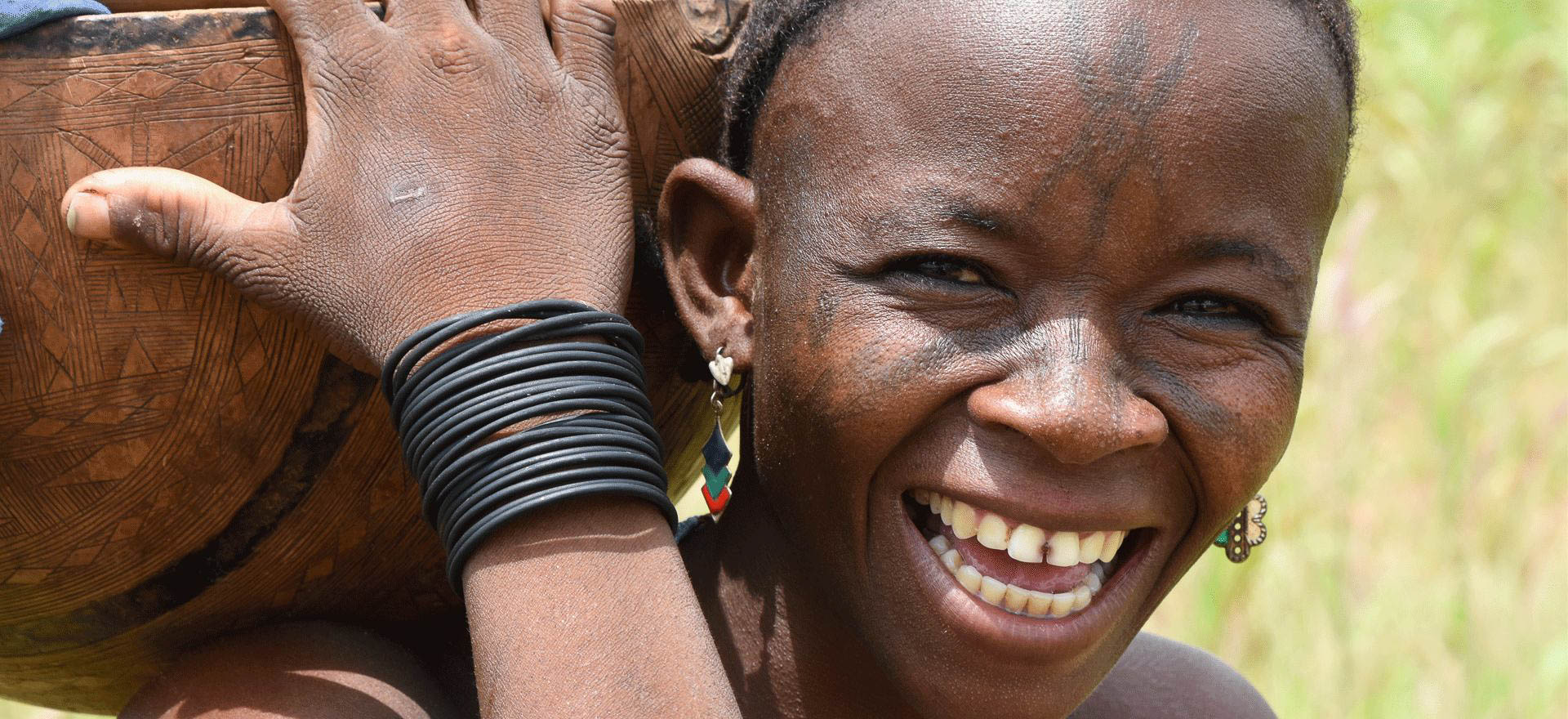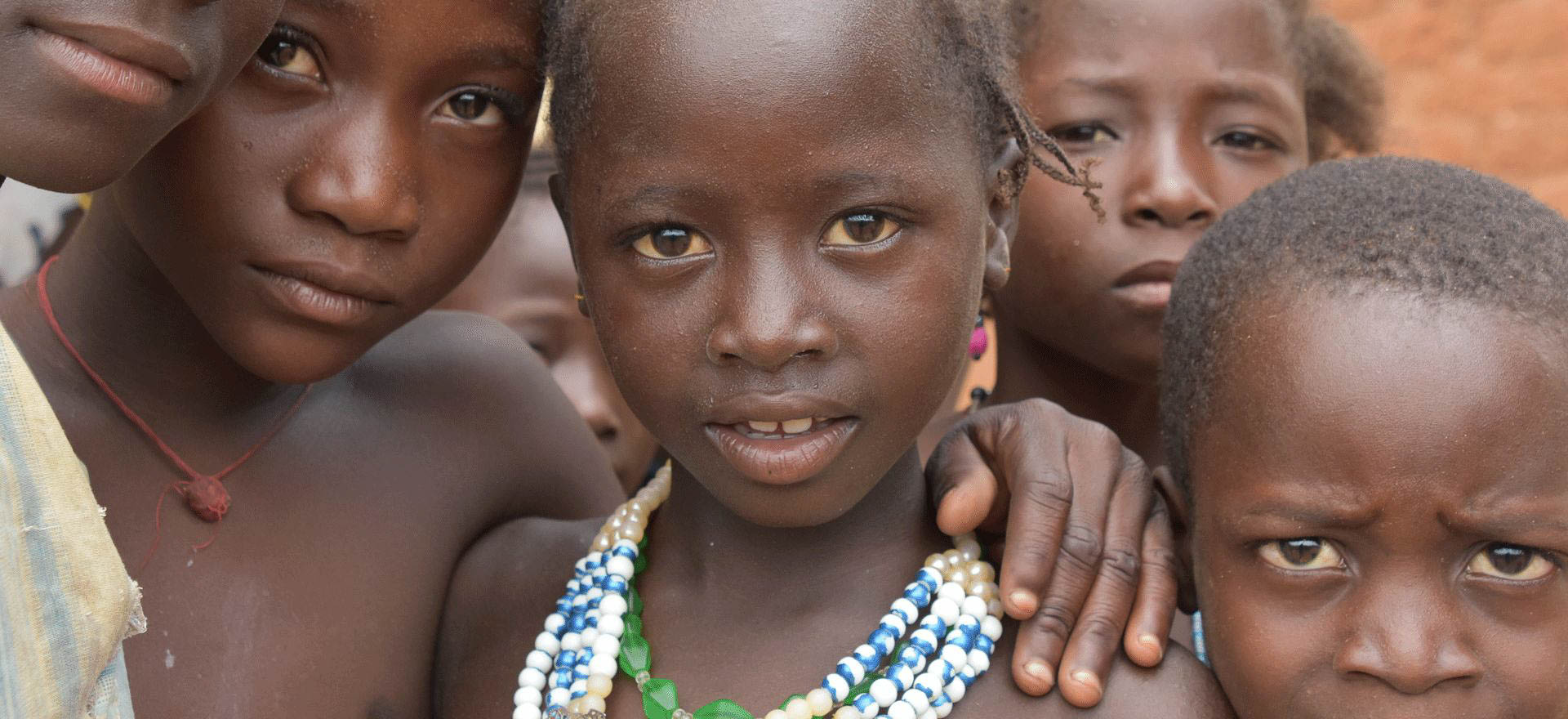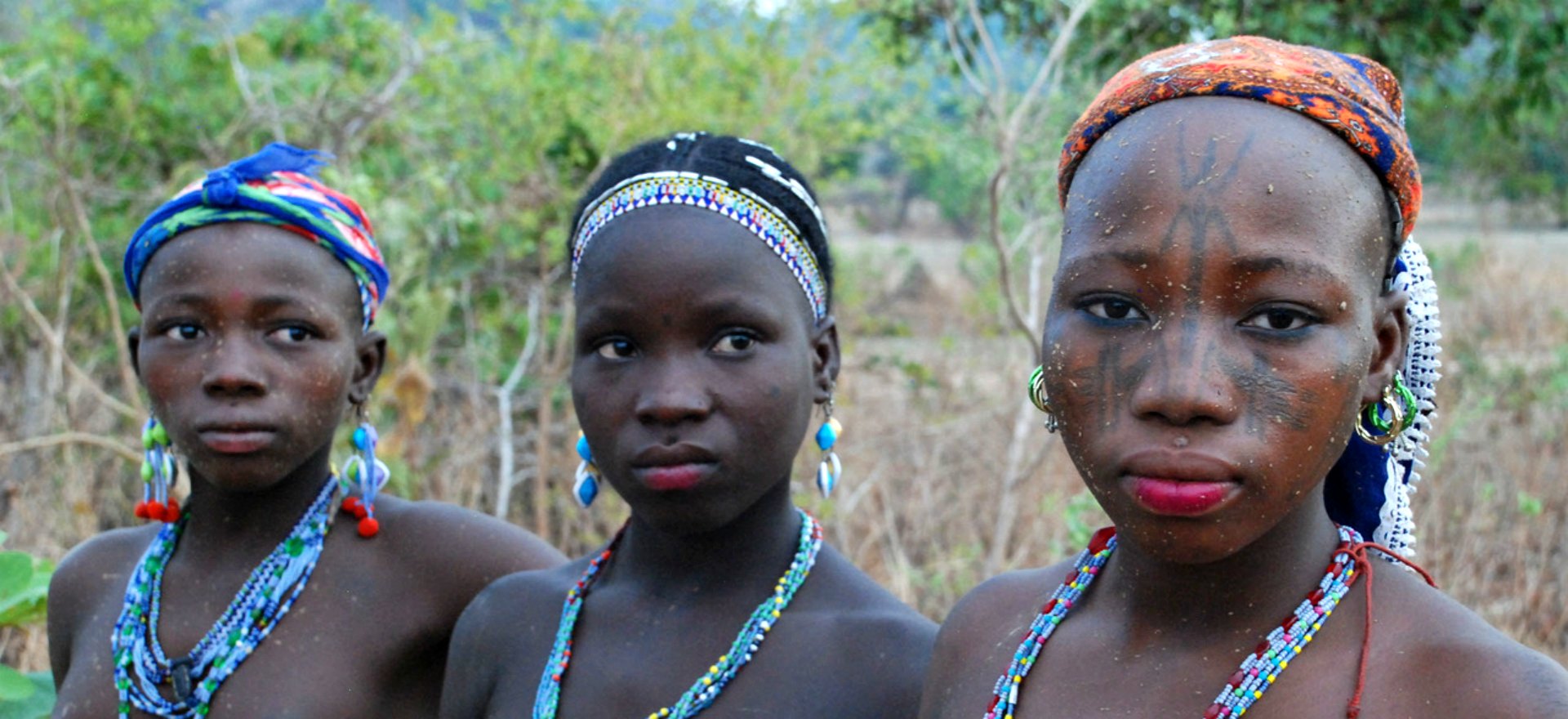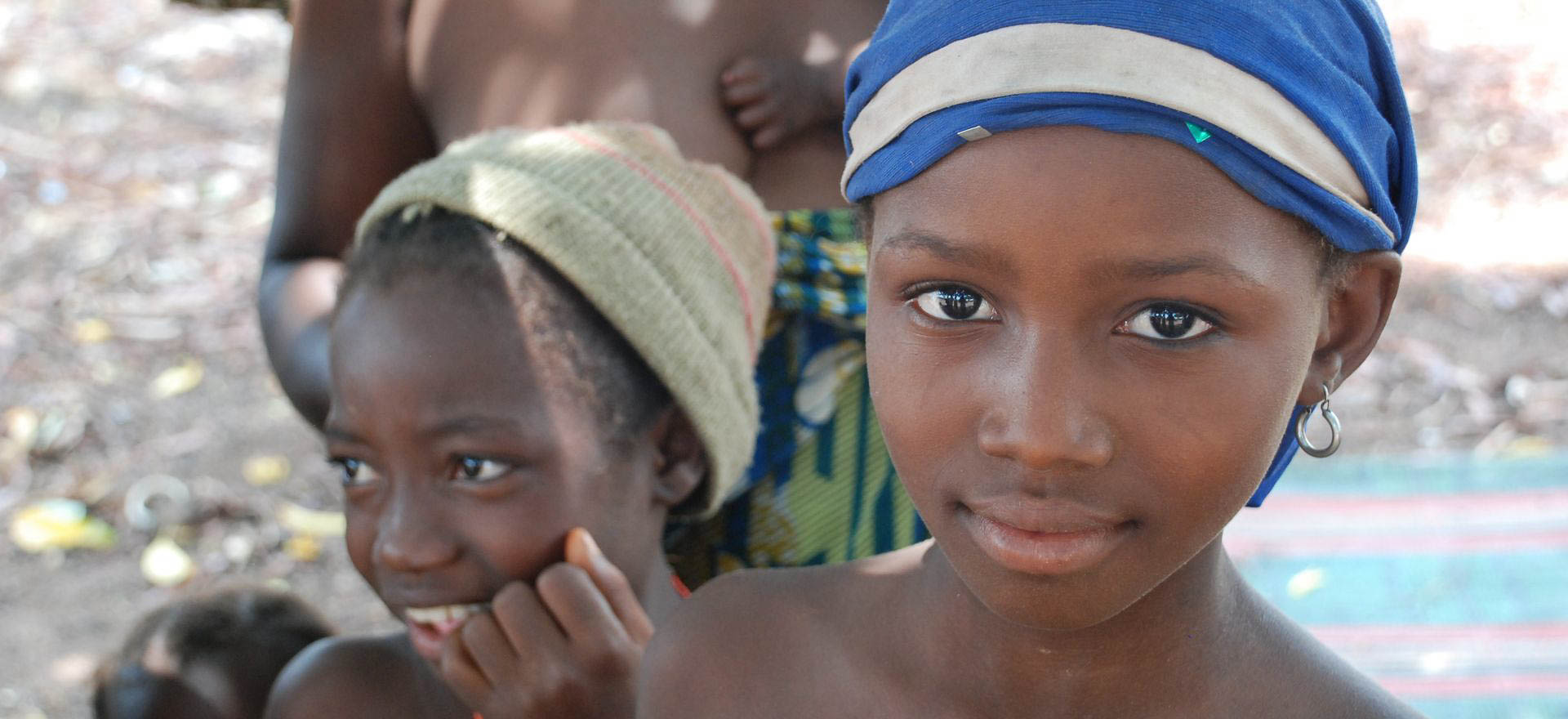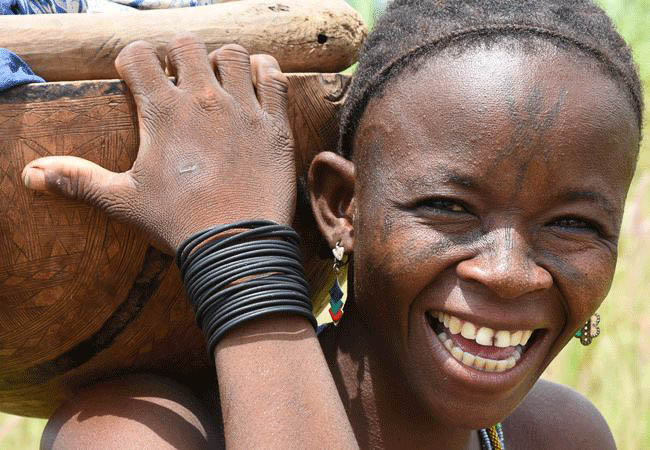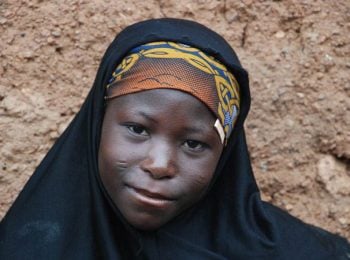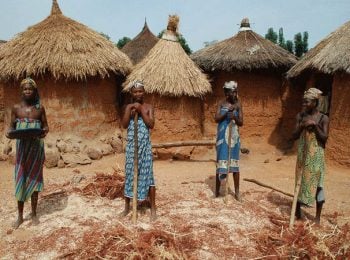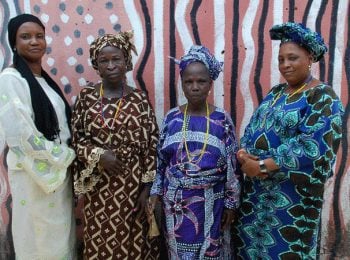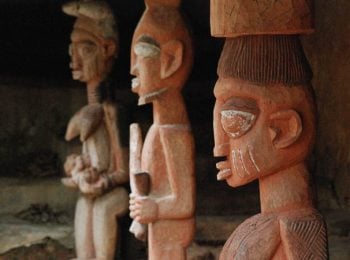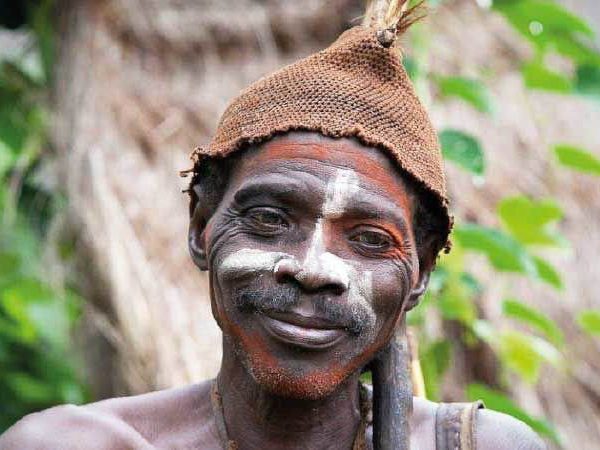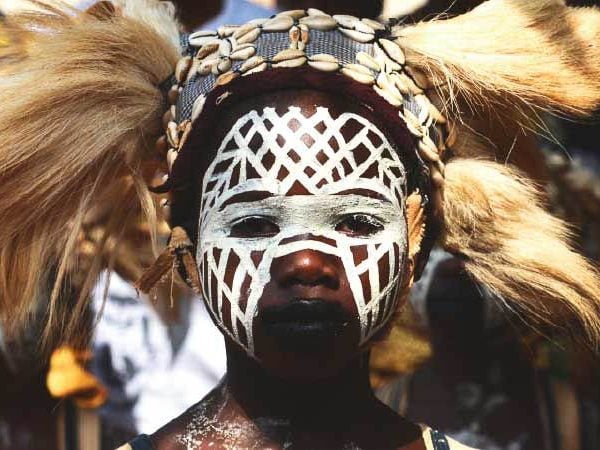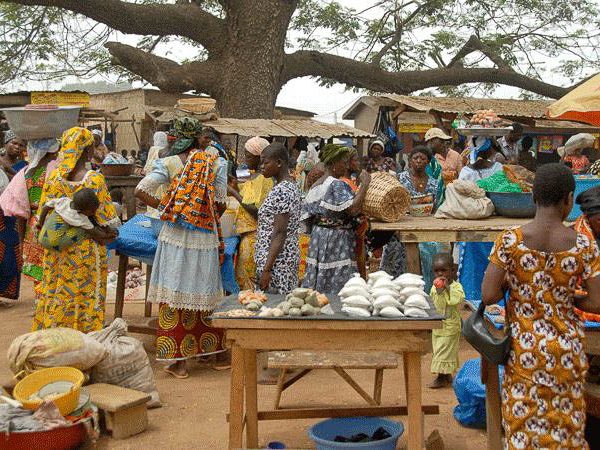Day 2 - Lagos - Badagry
Spend the morning exploring Lagos, heading off the mainland onto Lagos Island. We explore the Afro-Brazilian quarter with its unique architecture and if open, the National Museum. From here we head west along the coast to the small town of Badagry, once an important slave port and with several historic sites to explore. Overnight Bedrock Hotel or similar. (B)
Day 3 - Badagry - Abeokuta
Visit the sites of Badagry, including the museum and Brazilian Barracoon. We also take a boat across the lagoon to follow the ‘path of no return’ which the slaves walked to meet the boats to take them across the Atlantic. After lunch we head to the Yoruba city of Abeokuta. Those who wish can head out this evening to a nearby bar to experience a bit of modern Nigerian culture. Overnight Continental Suites Hotel or similar. (B)
Day 4 - Abeokuta - Idanre
Spend the morning exploring Abeokuta. The city has some excellent examples of Afro-Brazilian architecture which are well worth seeing, as well as a rather interesting fetish market – not necessarily for the squeamish but a fascinating place nonetheless. We also climb Olumo Rock, a sacred site for the Yoruba people with a shrine near the top. From here we drive to Idanre, where we spend the next two nights. Overnight Rock Valley Hotel or similar. (B)
Day 5 - Idanre Hills
We spend a full day exploring the Idanre Hills, walking up to a plateau that holds a hidden – now abandoned – village, a chief’s palace and many sacred sites. This is a world away from the hustle and bustle of Nigeria’s cities, with lush vegetation and pristine landscapes, and a real joy to explore, yet it is virtually unknown to the outside world. Overnight Rock Valley Hotel or similar. (B)
Day 6 - Oshogbo
Continue to the city of Oshogbo, home to one of Nigeria’s few UNESCO listed sites. We explore the Sacred Grove of Osun where extraordinary sculptures of the Yoruba deities nestle amongst the trees, monkeys running throughout. Later we visit a traditional Orisha temple where Ife priestesses can explain the intricacies of their religion, this is a truly fascinating experience and not to be missed. Overnight Ideal Nest Hotel or similar. (B)
Day 7 - Ilorin
After a quick tour of the city we drive to Ilorin, the first Muslim city that we visit on this trip. We explore the traditional quarters where Ilorin’s renowned potters and weavers ply their trade and in the late afternoon can head to a local bar before returning to the hotel. Overnight Hotel Bovina or similar. (B)
Day 8 - Jebba - Kontagora
Drive to Jebba, stopping first at a settlement of the Fulani, one of West Africa’s widest spread groups following traditional lifestyles based around cattle. After meeting the elders we continue to Jebba on the banks of the Niger River, reputedly the place where Mungo Park met his end. From here we continue north to the remote town of Kontagora. Overnight Safara Hotel or similar. (B)
Days 9-10 - Explore the lands of the Kamberi people
From Kontagora we drive into the bush into the heartland of the Kamberi people, one of Nigeria’s most traditional ethnic groups. If he is there we meet the emir, before venturing into the villages where we can learn about their indigenous belief systems and see the brightly decorated women, with painted and tattooed faces and sporting pierced lips.
Day 11 - Gwari villages - Abuja
We drive to Minna, visiting the villages of the Gwari people along the way. Although not quite as traditional as the Kamberi the Gwari are still very interesting, living in rural villages with huge round granaries to store their crops, and the older women still sport tattoos on their bodies. Drive to Abuja, Nigeria’s modern capital and our last stop in Nigeria. Overnight Petrus Hotel or similar. (B)
This trip can be combined with our ‘Tribal Lands of Cameroon’ tour for a comprehensive journey through the region.
What's included?
What's not included?
Visas
Most travellers will require a visa to enter Nigeria, and obtaining one can be a rather cumbersome process. We recommend that you use the services of a visa agency such as Travcour for assistance.
Should you require proof of hotel reservation then we will be able to provide this.
Non-UK citizens may also require additional supporting documentation to support their visas. If this is the case then we may need to charge an additional fee for this.
Health and vaccinations
We are not medically qualified and so we recommend that you speak to your doctor or nearest health professional for advice concerning recommended vaccinations. For more advice on vaccinations you can also visit www.fitfortravel.nhs.uk.
You will need to bring your Yellow Fever Certificate with you as this is a compulsory requirement of entry to Nigeria.
If you have any physical limitations that might impact your ability to participate in the planned tour activities, it’s essential that you make us aware as soon as possible so that we can discuss this with you.
Insurance
It is a condition of joining our tours that you have suitable travel insurance in place, and we cannot accept travellers without insurance. All policies differ in terms of what they will cover, but as a minimum you need medical and health cover which will cover you for the whole time that you are away. Most policies will also include cancellation cover, which will cover you if an unforeseen circumstance obliges you to cancel your trip. We recommend that you obtain your insurance as soon as you book your trip.
Please note that government travel warnings often affect the validity of your travel insurance, and you should check this with your insurance company.
Money
The local currency in Nigeria is the naira. We recommend taking either Euros or US dollars to exchange – the latter should be issued from 2009 onwards and be clean and without marks, otherwise you may find it difficult to change them.
Your guide will assist in changing money into the local currency – usually the best rates are obtained from money changers.
We do not advise using a credit card in Nigeria, as levels of fraud are so high.
Local conditions
When travelling to some of the destinations we offer you need to bear in mind that things won’t always work here as we’re used to them working at home. Travelling in underdeveloped and untouristed destinations requires both patience and a sense of humour. There may be problems with infrastructure, attitudes may be different, and maintenance may not be as high a standard as we would always like, but this is very much part and parcel of travelling in such a place. We aim to resolve any issues as quickly as possible, and thank you for your patience.
Nigeria is one of the more challenging destinations that we offer, and we do not recommend this trip unless you are accustomed to travel in Africa. You can expect to encounter roadblocks, and at some of these the personnel manning them will be looking for some sort of problem, real or imaginary, which they can use to extract a bribe. Your guide will handle this and we ask that you do not get involved.
Hotels in Nigeria range from the acceptable to the very good, and in some places there is not a huge amount of choice. Water and electricity may not always work, especially at the same time, and the attitudes of hotel staff towards rectifying issues can be very different to what we would expect at home. Again, your guide will be best placed to deal with issues but bear in mind that in some parts of the country Nigeria only just functions and it may not be possible to solve all problems that you encounter. Nigeria is an entity unto itself, and if you can accept this and see its many frustrations as part of the fun in travelling in a completely untouristed destination, you’ll enjoy the trip more.
Travel advice
We keep a very close eye on the travel advice issued by the UK Foreign and Commonwealth Office so that we can keep you up to date with any warnings. At the time of writing the FCO advise against travel to some parts of Nigeria that we visit on our tour.
This relates to advice from the British government – other nationalities need to check the stance of their own governments.
Please note that the information contained above is highly susceptible to change, and while we endeavour to keep up to date we recommend that you use this as a guide only. Should you have any questions, please don’t hesitate to contact us.

